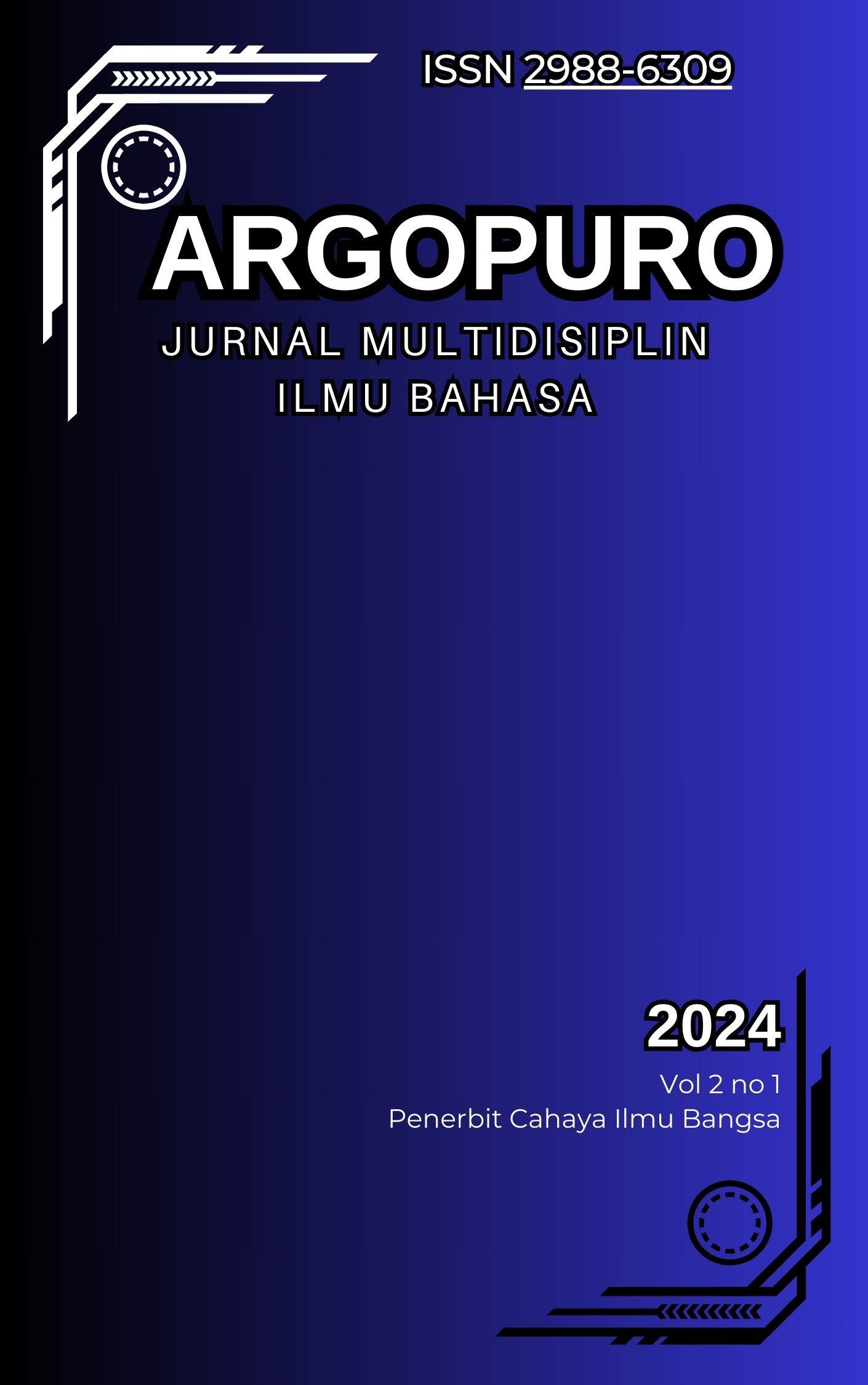Realitas Sosial dalam Drama Kusut Karya Achmad Zein: Telaah Semiotik Roland BarthesSocial Reality in Achmad Zein’s Kusut: A Semiotic Study Based on Roland Barthes
Main Article Content
Abstract
This article analyzes the social reality depicted in Kusut, a play by Achmad Zain, using Roland Barthes’ semiotic approach. The drama presents a conflict between “Manusia” (the people) and “Orang-orangan” (a symbol of oppressive power) within an absurd and metaphorical narrative. This study aims to reveal the connotative meanings, symbolic codes, and cultural (gnomic) codes embedded in verbal and nonverbal signs throughout the text. Symbolic codes emerge through binary oppositions such as Manusia vs Orang-orangan, representing power imbalance. Cultural codes appear through references to local traditions, cultural values, and collective social knowledge. Connotative meanings express criticism toward corruption, identity crisis, and shifting social values. The findings demonstrate that Kusut is not merely a dramatic work, but a medium of resistance and reflection on Indonesia’s contemporary sociopolitical condition. Barthes’ semiotics proves effective in uncovering ideological layers within symbolic and complex literary texts.
